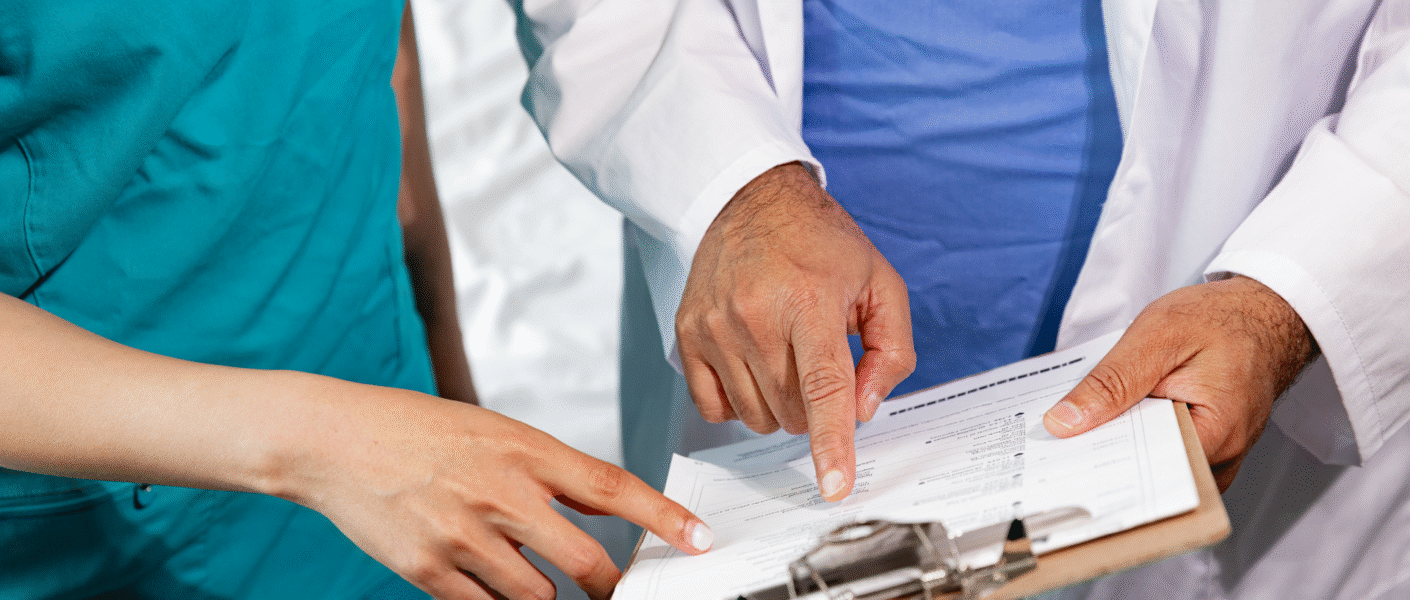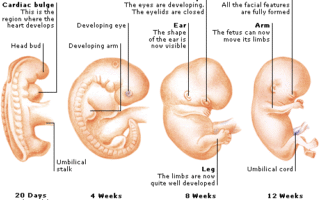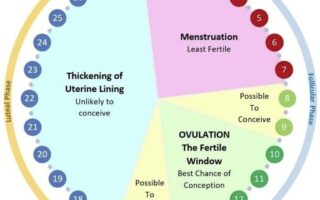Planning for pregnancy is the biggest step, but are you sure that your body is healthy and would support your pregnancy? A preconception checkup helps identify potential health risks, analyze fertility, and prepare your body for a healthy pregnancy.
Here’s everything you need to know about the medical tests and checkups to consider before trying to conceive.
Preconception Health Checkup
✔ Your medical history (chronic conditions, past pregnancies, or surgeries)
✔ Current medications that might affect fertility or pregnancy
✔ Vaccination status
✔ Menstrual cycle tracking
Blood Tests
✔ Complete Blood Count (CBC)
✔ Blood Sugar (Glucose) Test
✔ Thyroid Function Test (TSH, T3, T4)
✔ Vitamin D & B12 Levels
Genetic Screening
If there’s a family history of genetic disorders, carrier screening helps identify risks for conditions like:
✔ Thalassemia
✔ Cystic fibrosis
✔ Sickle cell anemia
✔ Tay-Sachs disease
Reproductive Health Tests
✔ Pelvic Exam & Pap Smear
✔ Examines uterus and ovaries for fibroids, cysts, or abnormalities.
✔ Hormonal Testing (estrogen, progesterone, and AMH)
Vaccinations to Get Before Pregnancy
✔ Rubella (MMR)
✔ Chickenpox (Varicella)
✔ Hepatitis B
✔ Flu Shot
Mental Health Assessment
Managing stress, anxiety, or depression before pregnancy plays a major role in the pregnancy.
Partner’s Health Checkup
✔ Semen Analysis
✔ General Health Screening
Supplements
✔ Folic Acid Supplements
✔ Healthy Diet & Exercise
✔ Quit Smoking, Alcohol, and Reduce Caffeine: To increase chances of conception.
Planning to welcome a baby into your family involves many considerations, but with some preparation, you can set the stage for a healthy pregnancy.




